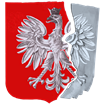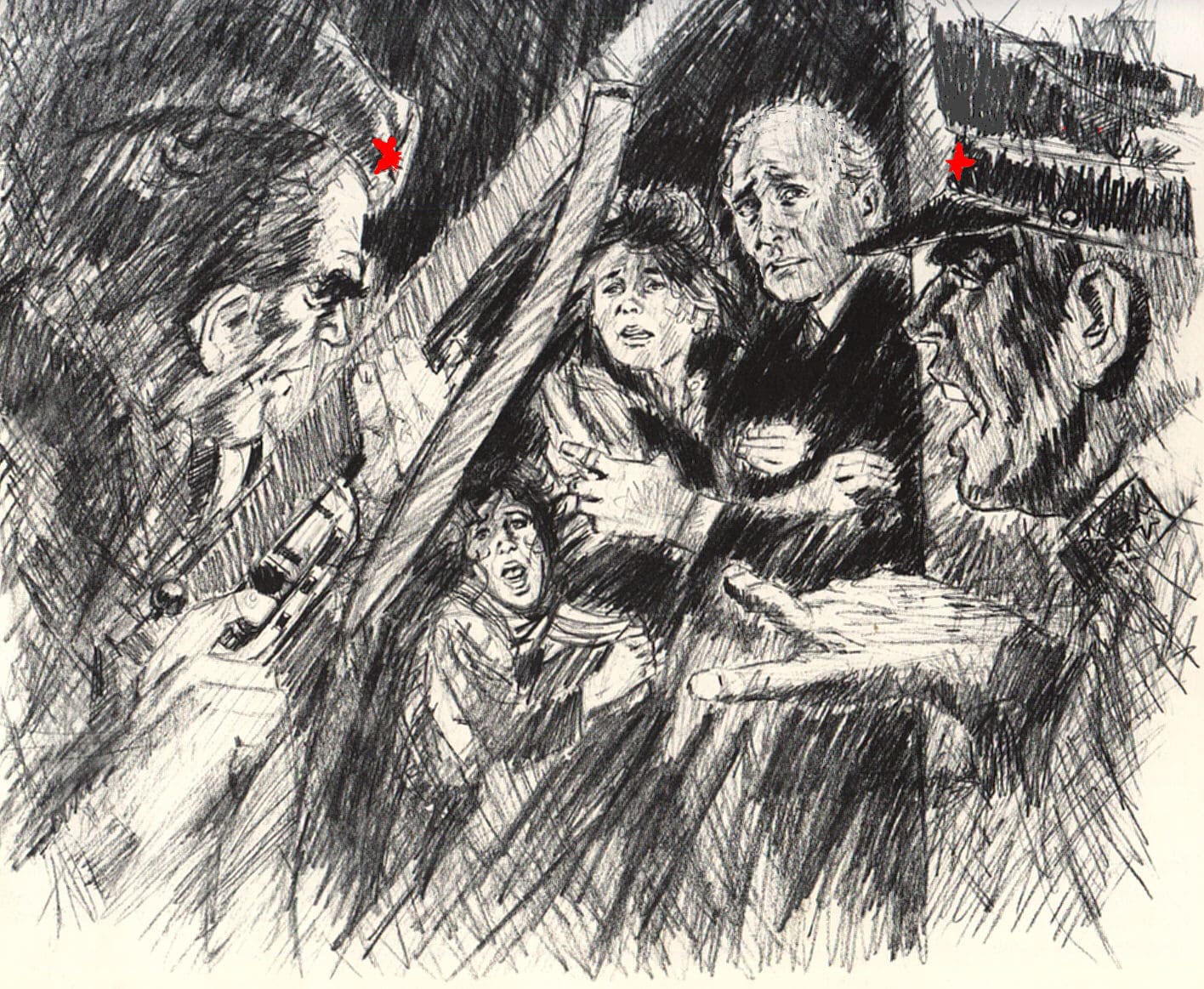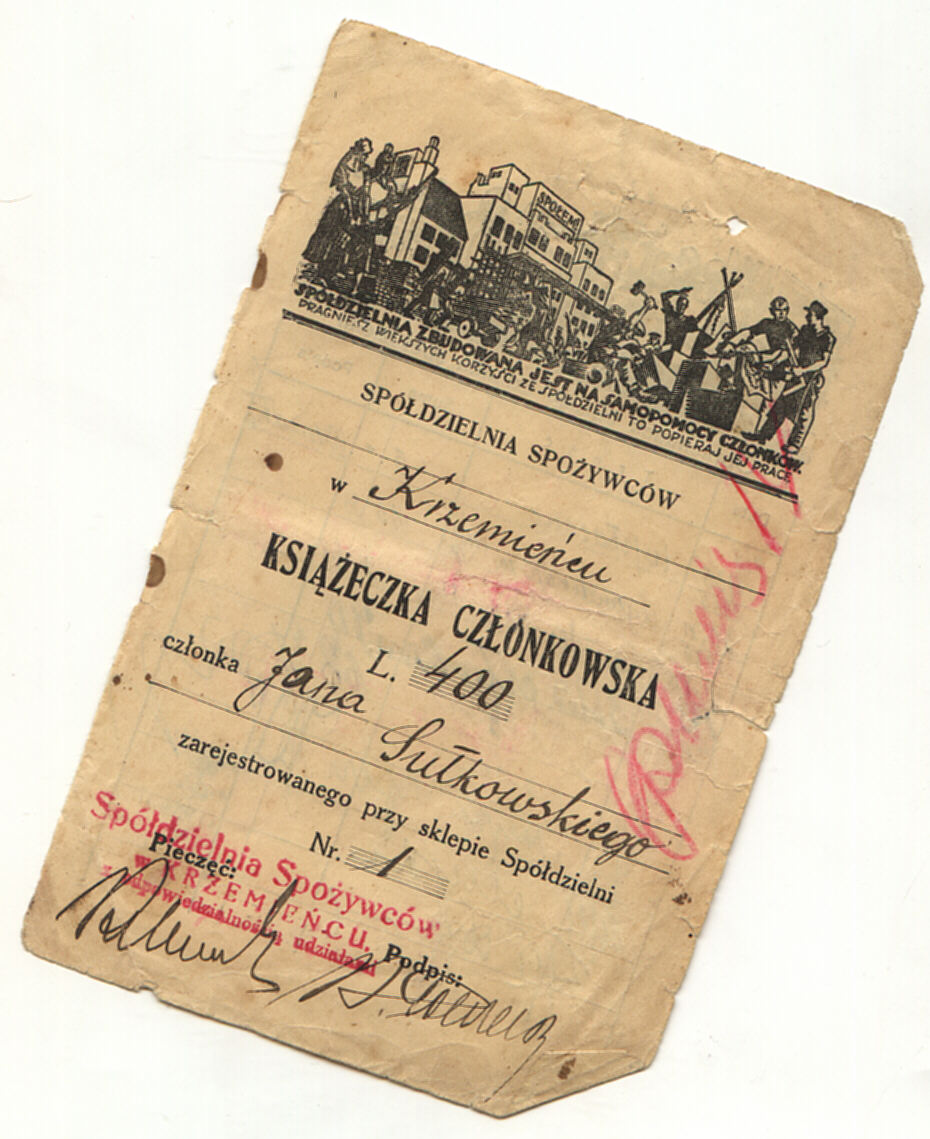The Trial of Jan Sulkowski

The proceedings were a legal sham and the verdict was a foregone conclusion. Held in a part of Poland that now belonged to the Ukrainian Socialist Republic, it was conducted in Russian by Soviet judges based on laws of the USSR, and assisted by local Ukrainian and Jewish collaborators whose “testimony” brought a conviction. It was in effect a death sentence as few people survived the labour camps of the Gulag. Hundreds of thousands of Poles passed through this Soviet system of justice. This court transcript, among other documents, is now housed in The Museum of Independence (Siberian Collection) in Warsaw, donated by Janina Sulkowska-Gladun in 1994.
Case No. 73, 1940
Criminal Verdict in the name of the Ukrainian Socialist Republic Council, 24/VII/1940
of the court of Tarnopol at Krzemieniec consisiting of:
Chief Judge – Dubaruk
People’s Judges – Sarat and Bronsztejn
Secretary – Kozlow
with assistance of the Public Prosecutor – Pantiakow
and Defence Counsel – Gacki
Having examined in camera the case of the accused Sulkowski, Jan, son of Waclaw, born in 1887, able to write, of Polish nationality, married, residing at the town of Krzemieniec, suspected of the crimes as mentioned in Paragraph 54-13, 54-10, Part 1 of the Penal Code,
Has Decreed:
* That the accused Sulkowski being an active member of the counter-revolutionary organization OZN (Polish National Unity Camp) at Krzemieniec, took an active part in the organization.
* In 1938 and afterwards he took an active part in various organizations and meetings, gave speeches on territorial self-government trying to work up feelings for the Polish state.
* At Krzemieniec he worked for a long time as the Chairman of the Co-operative
consisting of over 2,000 members recruited from “Kulak” agricultural settlers.
While working as Chairman of the Co-operative he was engaged in nationalistic activities,
prosecuting Ukrainian subjects by removing them from work, by depriving them of work, and also forcing Ukrainians to embrace the Polish religion.
This was done in the case of the son of Kocuba and of witness Czernow.
* Actively executed his work as a Polish patriot and was awarded rewards.
* In February 1940, while working in the Administration of Mines at Krzemieniec, spread counter-revolutionary talk among the employees discrediting the value of Soviet currency. Spoke of the low quality of the products of the USSR and said that the USSR had nothing. At the same time he boasted of life in the Polish state.
The accused pleaded guilty to some of the charges only. Evidence given by witnesses: Czernow, Gromadski and Kociuba however fully supported the charges.
On basis of the above, the Court issued their decree that the charges against the accused under article 54-13, 54-10 Penal Code, Part 1, were fully proved
According to 296, 297, 202, III article M.I.K. gave their verdict to the effect that:
1. Sulkowski Jan, son of Waclaw, was guilty under article 54-13, 54-10, Part 1 of the Penal Code, and is convicted to detention in labour camps for five years without further denial of rights.
2. The term of detention is to start from 22/111/1940.
3. Cost of legal proceedings to be covered by the state,
4. Till the verdict takes effect, the accused is to be kept under guard.
5. An appeal may be made against the present verdict to the Highest Court of the USSR, written 7 days from the time of handing over the verdict to the convicted.
Christopher Jacek Gladun was born in 1951 and grew up in Canada to where his family emigrated from England as displaced persons. Sadly, Chris died in Toronto in March 2003. He held a diploma in Journalism from the Niagara College and a BA in Polish Language & Literature from the University of Toronto. Chris also acted as interviewer and researcher for the documentary film “Rescued From Death in Siberia”.
This content is now maintained by the Kresy-Siberia Group, which Chris was a charter member of and which is taking his website and his research work forward.

